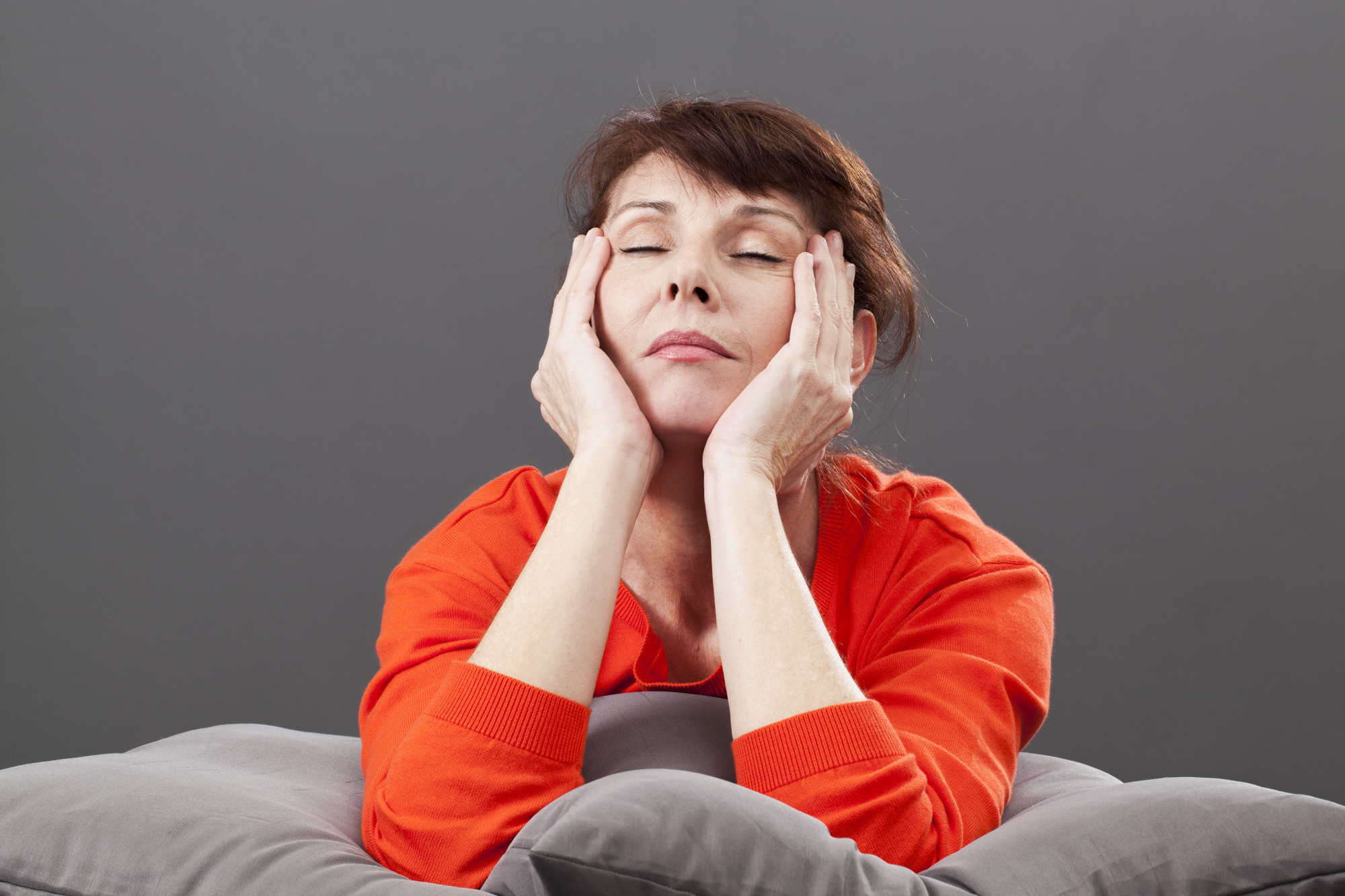Menopause isn’t sudden. It doesn’t unexpectedly happen upon you like a huge tsunami that shakes up your whole life. The early stages of menopause start to begin in your thirties, and there are telltale signs that you can look out for.
Understanding the different stages of menopause will assist you in knowing what to look out for, and to prepare for the changes that your body will undoubtedly go through.
Are you interested in knowing more? Keep reading for a comprehensive guide to the stages of menopause and the symptoms that you can expect at each step along the way.
The Psuedo-Stage: Premenopause
Premenopause is often used interchangeably with perimenopause. However, premenopause is actually not a stage of menopause at all.
When you’re in the premenopause stage of your life you are in your reproductive years. This means that you still menstruate, whether regularly or irregularly.
Of course, as with any stage of a female’s life, you will experience hormonal changes that may present some physical or emotional symptoms, however, there are no drastic changes in your body.
For premenopausal women, the symptoms that you experience are related to your menstruation. For example, you will notice your breasts becoming tender during your cycle, perhaps you’ll experience mood changes, stomach cramps, and so on.
It’s important to know that premenopause is different from perimenopause (discussed below) and the two cannot and shouldn’t be used interchangeably.
The Beginning: Symptoms of Perimenopause
This is the first stage, or rather the transitional stage, of menopause. This stage is broken up into two: early perimenopause and late perimenopause. This stage usually occurs well before you officially hit menopause — usually 8 to 10 years before.
During the initial stages of perimenopause, the length of the menstrual cycle changes caused by a drop in estrogen. You may notice irregular and sporadic periods along with symptoms such as fatigue. However, these changes are so subtle that many women don’t even notice that they’re experiencing a stage of menopause.
Within the later stages of perimenopause, the symptoms become more obvious and recognizable. Your periods will become very irregular, you’ll start experiencing no periods for a month or two.
During this stage, your ovaries start to gradually decrease in function. However, you can still get pregnant so it’s important to use contraceptives if this is not in your plan.
In addition to the changes in your menstrual cycle, you’ll begin to notice some more recognizable symptoms of menopause, too. Sleep disturbance is a common symptom during this stage. You may also experience night sweats, increased heart rate, pain during intercourse, and urinary incontinence, among other symptoms.
When you’re in the later stages of perimenopause and the symptoms become more frequent and obvious, then it’s usually around three years before full menopause kicks in.
Symptoms such as mood swings, hot flushes, and night sweats are particularly common signs perimenopause is ending.
The End of the Reproductive Age: Menopause Symptoms
Eventually, your ovaries will produce so little estrogen that eggs are no longer released. This means that you will stop menstruating completely. You’re officially in the full-blown menopause stage when you haven’t had a period for an entire year. This is one of the most obvious signs of menopause and when a doctor will diagnose you.
The general age that women enter menopause is 50 to 52 years. It’s important to keep in mind that the age varies from woman to woman. What’s more, factors such as smoking, chemotherapy, or a hysterectomy may cause early menopause in women.
As your estrogen levels drop you will experience a range of symptoms. Some of these symptoms will have already started in the perimenopause stage and will continue through this stage.
A lack of libido, hot flashes, anxiety and irritability, and frequent urination are some common symptoms of menopause.
Other symptoms may include:
- Night sweats
- Depression
- Insomnia
- Mood swings
- Dry skin
- Vaginal dryness
- Urinary incontinence
- Headaches
- Hair changes
- Weight gain
- Muscle aches
- Forgetfulness
- Heart palpitations
This may seem like an overwhelming list of symptoms but you will not experience all of these — simply a combination. You can speak to your doctor about treatments for various symptoms as well as treatment for menopause, such as hormone therapy.
Going through such extreme physical changes is daunting and intimidating. However, many women consider this to be the most liberating period of their lives.
You’ve Made It Through: Post-Menopause
This is the stage after menopause. You’ll notice that your symptoms start to become more subtle and your mood balances out. The frequency and intensity of these symptoms will decrease and some, or all, will disappear altogether.
While there are no obvious symptoms at this stage, there are some things to keep an eye on. Because your body produces less progesterone and estrogen at this stage, you have an increased risk of heart disease, urinary issues, vaginal problems, and osteoporosis.
It’s more important now than ever to care for your body in the best way possible.
You may notice symptoms of Genitourinary Syndrome of Menopause such as vaginal atrophy. This is when the vaginal walls become thin, dry, and inflamed. There are many ways to treat this, though, including over-the-counter medications.
Preparing Yourself for the Stages of Menopause
Knowing the stages of menopause is important so that you can understand what your body is going through and why. These stages take up a third of your life — it’s not something you can avoid or hide from. So, arming yourself with all the best knowledge and resources is the best thing that you can do.
Did you enjoy this post? Our site is full of interesting and informative content about health and wellness — keep exploring for more articles!

